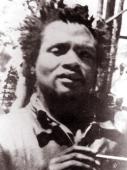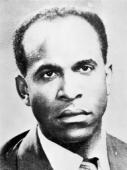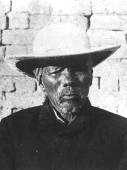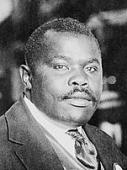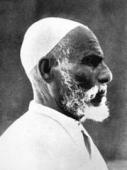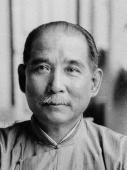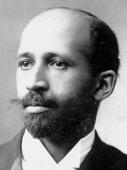Colonialism reparation asks that the demands of justice and reparations that the victims of the cholera epidemic have submitted to the UN become part of Haiti’s annual program of government.
On November 3, 2011 more than 5,000 Haitians, victims, relatives and/or parties entitled of victims of cholera, have denounced the Organization of the United Nations (UN) and the United Nations Mission for the stabilization in Haiti (MINUSTAH) for any damage or loss caused by the introduction of the cholera epidemic in Haiti in October 2010. Since then, the cholera epidemic, which is still in progress, has killed more than 6,600 haitians and infected about 475,000.
The first requests, after the publication at the beginning of May 2011 of the Final Report of the independent panel of experts on the cholera outbreak in Haiti commissioned by the UN, were made at the end of June by the Haitian organizations Plateforme Haïtienne de Plaidoyer pour un Développement Alternatif (PAPDA) and Solidarité des Femmes Haitiennes (SOFA), which have asked that, in addition to reparations, the military components and the police of MINUSTAH become agents of local development for the construction of the health infrastructures and the water purification in the country.
In mid October, on the occasion of the umpteenth renewal of the annual mandate of MINUSTAH by the UN Security Council, there were huge demonstrations in various cities of Haiti to demand the withdrawal of MINUSTAH, quartered in Haiti since 2004 (not since the earthquake of 2010) and now sensed by the population as an occupying force as well as a cause of murder and rape, even as the bearer of the epidemic.
At the beginning of November, with the support of the Institute for Justice and Democracy in Haiti (IJDH) and of the Bureau des Avocats Internationaux (BAI), more than 5,000 victims have denounced the UN and MINUSTAH asking for individual reparations, public apologies, medical treatment of current and future victims and the construction of health infrastructures and water purification.
Colonialism Reparation asks that these requests become part of the annual program that the Haitian government is drawing up during these weeks and that the Prime minister Garry Conille undertook to submit to the country by the end of November.










